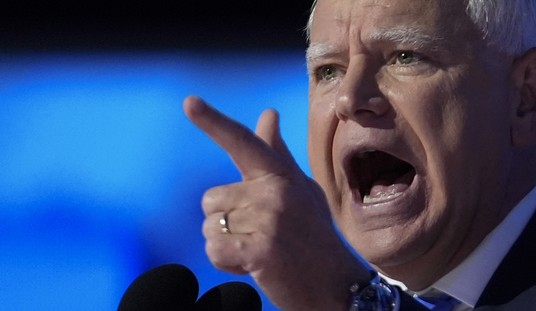In her review of Bush Country, John Podhoretz’s 2004 book, Carol Devine-Molin wrote of what Podhoretz described as “one of the defining moments in Dubya’s young life”:
Podhoretz also cites one of the defining moments in Dubya’s young life, when, at the age of 18 at Yale, the university’s “rock-star-famous chaplain” William Sloane Coffin denigrated his father who just lost a Senate election. Coffin stated, “Oh yes, I know your father. Frankly, he was beaten by a better man.” Apparently, the young George W. Bush said nothing, but Barbara Bush stated years later: “You talk about a shattering blow. Not only to George, but shattering to us.” Podhoretz believes that this incident helped situate “George W. Bush at odds with the Eastern Establishment,” and was instrumental in his decision to move back to Texas.
Roger Kimball explores “The rancid radicalism of William Sloane Coffin”, reflecting on Coffin’s death yesterday at age 81:
William Sloane Coffin, acting from his position as a civil rights leader, chaplain of Yale University, and member in good standing of the American WASP aristocracy, did a great deal to legitimize this form of illegitimacy and illegality. His example helped to convince a generation that the law was dispensable when it conflicted with duly ratified liberal sentiments. That these sentiments should seem to be invested with the authority of religion made them all the more appealing to anyone seeking to enhance his sense of moral election. Like many Sixties radicals, Coffin regarded civil disobedience as a form of no-fault political theater. One broke the law in as noisy a way as possible, and then one was hauled off to jail, generally for a token sentence. The willingness to endure jail (which radical activists rarely did for more than a few hours before their lawyers arrived to bail them out) was supposed to legitimize the illegality. But as George Kennan’s noted in “Rebels Without a Program” (1968). “The violation of law is not . . . a privilege that lies offered for sale with a given price tag, like an object in a supermarket, available to anyone who has the price and is willing to pay for it.”Kennan is an especially noteworthy critic in this context because he, too, was deeply opposed to U.S. involvement in Vietnam. But he understood, as the Coffin did not, that in a democracy illegality is not a justifiable brand of political opposition. And he also understood that, even when one disagrees with specific policies, one’s country continues to exercise a legitimate claim on one’s allegiance, a claim that cannot be disposed of in a fit of self-righteous bravado.
Needless to say, read the whole thing.
Update: James Taranto compares Coffin’s deplorable behavior with a comment by Justice Sam Alito during his confirmation hearing:
I saw some very smart people and very privileged people behaving irresponsibly. And I couldn’t help making a contrast between some of the worst of what I saw on the campus and the good sense and the decency of the people back in my own community.
That’s something we posted about as well, back in January. And as Taranto notes, “it reminds us of our own experience with smug campus liberals, at a third-tier Western university in the late 1980s. One wonders if it ever dawns on these people what effective recruiters they are for the political right”.
Frankly, I’m pretty sure that that’s one vision that rarely occurs to the anointed.










Join the conversation as a VIP Member